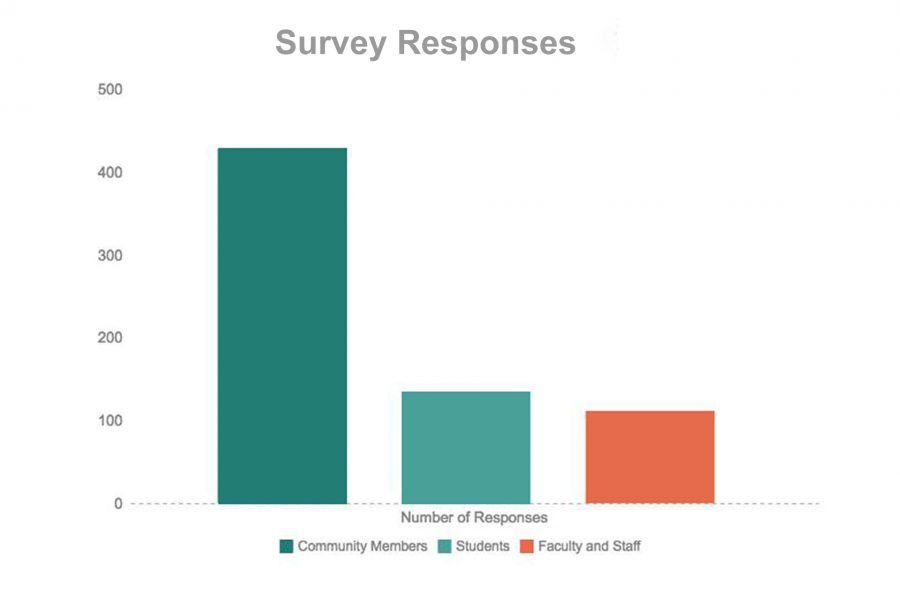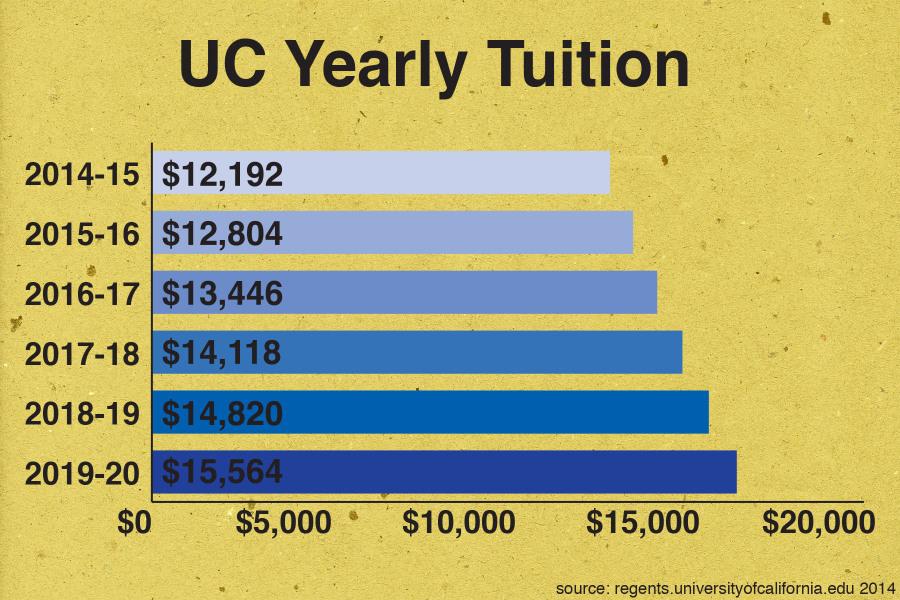California’s acute financial crisis will continue to force City College to cut more faculty, classes and possibly next year’s entire summer session, but staff, students and city residents are organizing to save what they can.
More ominous is the possibility that if the state’s general fund to pay for education doesn’t get the dollars it needs, this college will follow schools like City College of San Francisco and Cuesta College in San Luis Obispo. Those institutions pulled the plug on their summer offerings, scheduled to begin in July.
Some threats, like that to Adult Ed, have been widely publicized. Others, like EOPS and American Ethnic Studies, are concentrated on campus and therefore lesser known.
Jack Friedlander, executive vice president of educational programs, said “as much of the regular curriculum as can be” will be saved. Professional development classes and adult education, however, are lower priorities.
But students and faculty from a variety of departments have expressed concern that nothing is safe.
Friedlander told the Academic Senate April 14 that 50 additional TLUs will be cut next fall and 300 more will have to go next spring.
A TLU, or teacher-learning unit, determines how much a teacher gets paid per class or section. A standard three-hour lecture class is worth three TLUs.
A worst-case scenario means 18 fewer sections this fall and 100 fewer next spring.
Sacramento’s budget process complicates matters for all community colleges. Schools need to operate within its bureaucratic labyrinth in order to secure funding.
By law, every college must approve and submit a budget by the end of June.
Overall, no department is immune to cuts, but some are more susceptible than others. This has directors and students alike upset and mobilizing to get their voices heard.
“If we are cut, it may mean we have to reduce EOPS by a third of our students,” said Marsha Wright, director of Extended Opportunities Programs and Services. That department has already withstood a 39 percent slash in funding-forcing changes to the program.
For example, EOPS once provided grants to pay the total cost of its participants’ book costs. But now those grants have been capped at $200.
“To educate the poor is to provide resources and freedom, and to prevent the use of other social services in the future.” Wright said.
A more high-profile budget battle has been over the Parent Children’s Workshops, a City College offering that has benefited the Santa Barbara community for decades.
Although Superintendent-President Andreea Serban told the Board of Trustees at a special study session April 8 that the school “values” and “acknowledges PCW’s contributions.” She also pointed out that “our responsibility is not to run a parenting incorporated preschool.”
Serban went on to say that “there is no county district in California that would own or run its own pre-school.”
But in order for PCW to continue receiving funds, the Trustees need its directors to provide a clearly defined description of the program and job titles. If it turns out PCW is a 501(c)3 nonprofit organization, then the school can’t subsidize it.
“The school can’t misuse taxpayer money,” Serban said.
And while the board meeting was attended by hundreds of concerned community members, other programs in perceived jeopardy have seen modest student activism here on campus.
Just last week, a petition to preserve the American Ethnic Studies program began circulation.
Its degrees prepare students for careers in several fields, including social work and teaching.
Online instructors are fighting for help, too. Kenny Neufeld pointed out that online classes do not have the same resources available as traditional classes, such as tutors and readers. So like PCW’s directors, the online college and committee on online instruction has been asked to submit revised job descriptions to justify future support.
The college has kept state funding expectations low. However, the college may receive marginally more money than projected.
The amount still falls short of what is needed to maintain current offerings.
A recent state budget estimate for what City College might get next year was $500,000 more than the college’s reported need. But that figure isn’t concrete and like most numbers associated with the state budget, is currently in a state of flux.











